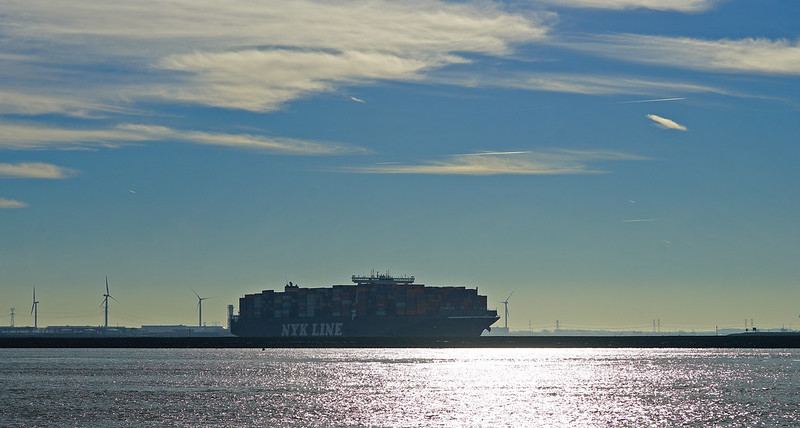Japan-based shipping company, Nippon Yusen Kaisha (NYK Line), has joined the Ship Recycling Transparency Initiative (SRTI), an information disclosure platform hosted by the Sustainable Shipping Initiative (SSI).
The announcement made on May 11 is part of NYK’s ship-recycling policy aiming to promote transparency of the ship-recycling process through the company’s participation in the SRTI so that stakeholders can be assured that NYK-owned vessels are being safely and properly recycled.
The SSI hosting the SRTI, gathering a multi-stakeholder collective of shipping companies, shippers and financial stakeholders, sets out sustainability issues and principles surrounding marine fuels for the decarbonisation of shipping.
According to the SSI, the SRTI was launched in 2018 with a mission to improve transparency across the shipping value chain, increase disclosure of ship recycling policies and practices, and enable and encourage cargo owners, financial stakeholders and others to make informed decisions that will in turn drive improved performance.
Ships contain a large amount of high-quality iron, and appropriate disposal of valuable recyclable resources is important for the realization of a circular economy.
Additionally, the minimization of industrial accidents and environmental pollution when ships are dismantled have been issues receiving attention.
In 2019, the SRTI launched its first annual report compiling data on the ship recycling approaches of 7 shipowners. In 2020, the number of shipowners participating in the project rose to 9 companies, operating a total of 2,433 vessels.
In 2008, NYK has also established its own ship-recycling policy, incorporating the final draft of the Hong Kong Convention (Hong Kong International Convention for the Safe and Environmentally Sound Recycling of Ships), to achieve earlier implementation of the convention benefits.
Promoting transparency in ship recycling through participation in the SSI’s SRTI reflects the company’s initiative to achieve NYK’s environment management target under ESG improvement program, which is to reduce CO2 emissions per ton-kilometer of transport by 50% by 2050.
Source: http://worldmaritimenews.com


